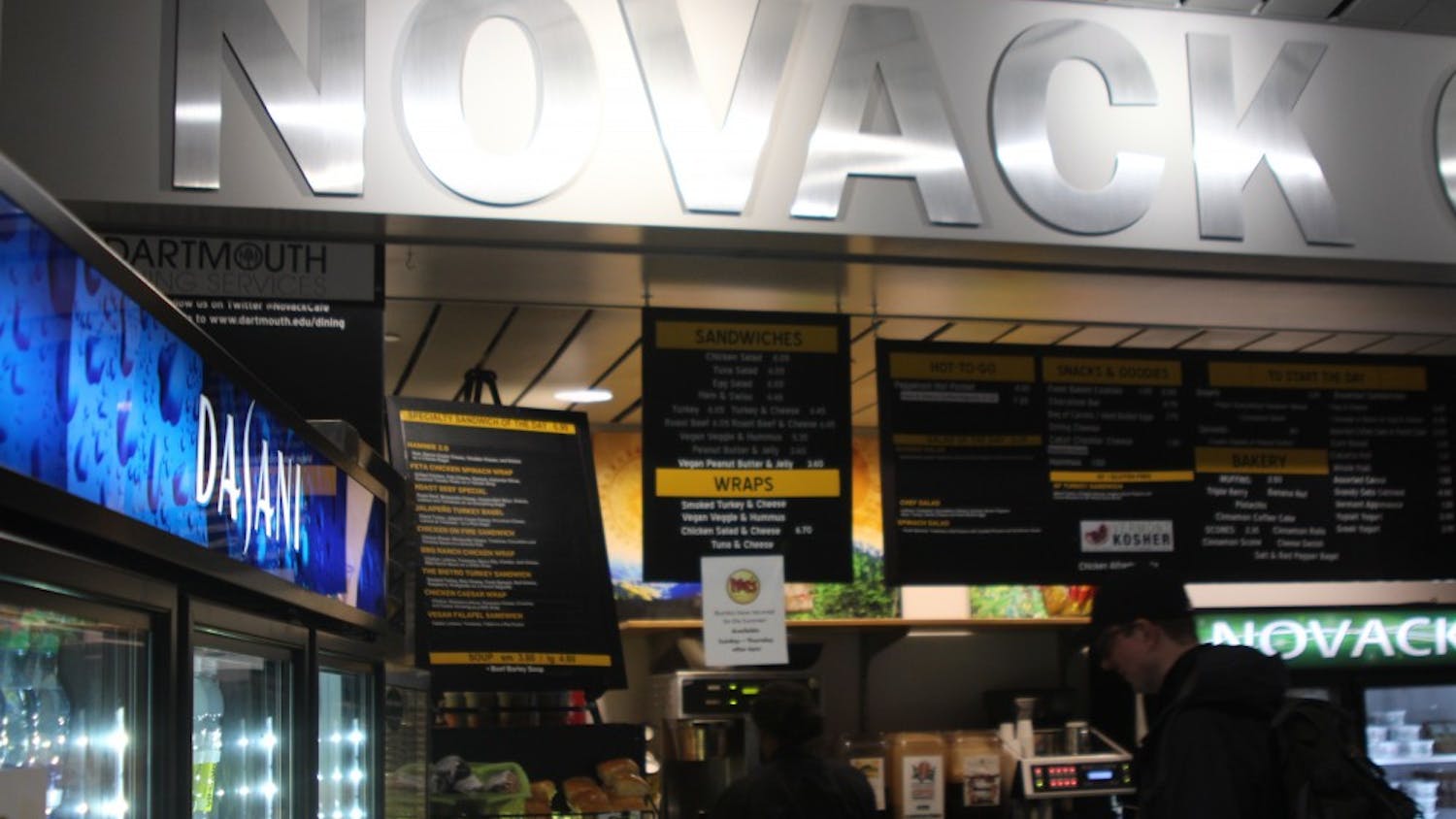College is often a financial burden for students and their families, but the cost of attending college goes way beyond tuition, meal plans and housing. Every student has their own way of navigating through the stress of college. Some of us go off-campus to get dinner or buy snacks to stress-eat; others like to go online and partake in some retail therapy. Though shopping online and meals out with friends might be fun, the miscellaneous expenses that come with college can quickly add up.
Everyone has a unique story and a different method of saving and spending money. For many students, college is the first time that they live alone, so it’s tempting to spend money and not think about the consequences. Some students are experts when it comes to making budgets and sticking to them, while others are more impulsive buyers. When asking around about tips to save money in college, I came across a wide variety of suggestions. However, food seemed to be at the center of most people’s minds when it comes to spending less.
Alice Bennett ’20 lives off-campus and is on the corresponding meal plan. Her biggest tip was to understand your eating habits and to get a plan that matches your personal needs. She recommended trying out different meal plans to see whether more swipes or more DBA works best for you.
She highly recommends using the kitchens in the dorms. They can be a great way to cook food on busy weekends, such as when you’re studying for midterms and finals, Bennett said. Plus, buying cheap staples to have in your room can cost a lot less than eating out. Bennett also added that if you have any senior friends, many will soon be looking to get rid of couches, mini-fridges, and bikes and will likely be willing to give them away free of charge.
Chris Cardillo ’22’s best advice was to find food at Dartmouth that doesn’t cost anything at all. He mentioned dinners catered by Tuk Tuk and other restaruaunts in Hanover.
“There are so many housing community dinners or free food events all over the place. On any given day, there’s a place that’s handing out free food,” Cardillo said.
Going to events like these can will fill your belly for free while also providing the chance to meet new people at Dartmouth.
Ray Tiersky ’23 advised people to be wary of buying things in Hanover because items can be costly. She realized that a lot of products back home are sold for cheaper prices than at Dartmouth.
“I spent so much money at [Collis Market.] It’s so expensive. I bought a notebook for $8!” She said.
Instead of going to stores on campus, Tiersky said that she prefers to look online. Shopping online can be a cheap and fast way of getting anything you want at Dartmouth. Free shipping for students, such as with an Amazon Prime Student free trial, provides students with great deals for even the most common of goods.
When looking back at how she spent money earlier in her time at Dartmouth, Bennett said she regrets some of her purchases.
“I definitely bought more clothes freshman year than I think I ever bought in my life. I bought a bunch of them and realized I would never have the time or place to wear them,” Bennett said.
As a senior, she said that she is much more likely to rely on her usual clothes and only buy clothes to replace an older item in her wardrobe. It doesn’t make sense to buy new clothes continuously and try to reinvent herself every day, she said.
Cardillo said he loves it when Hinman sends an email saying that a package has arrived for him but is careful not to go overboard. Though it may be tempting to online shop because it’s fun and easy, he acknowledged that when you start to order too many nonessential items, you begin to needlessly dig into your savings.
Spending money is very easy to do at Dartmouth, but it can also be just as easy to save money. Most Dartmouth students tend to spend their money on food and online shopping purchases, but simple hacks to save can help you “ball on a budget,” as the saying goes.
The biggest thing you can do to protect your wallet is question where you are making your purchases. Ask yourself, “Do I really need to buy this here, or can I get it for cheaper or even free somewhere else?” Chances are, at a school with as many resources as Dartmouth, you can find cost-effective alternatives anywhere.



